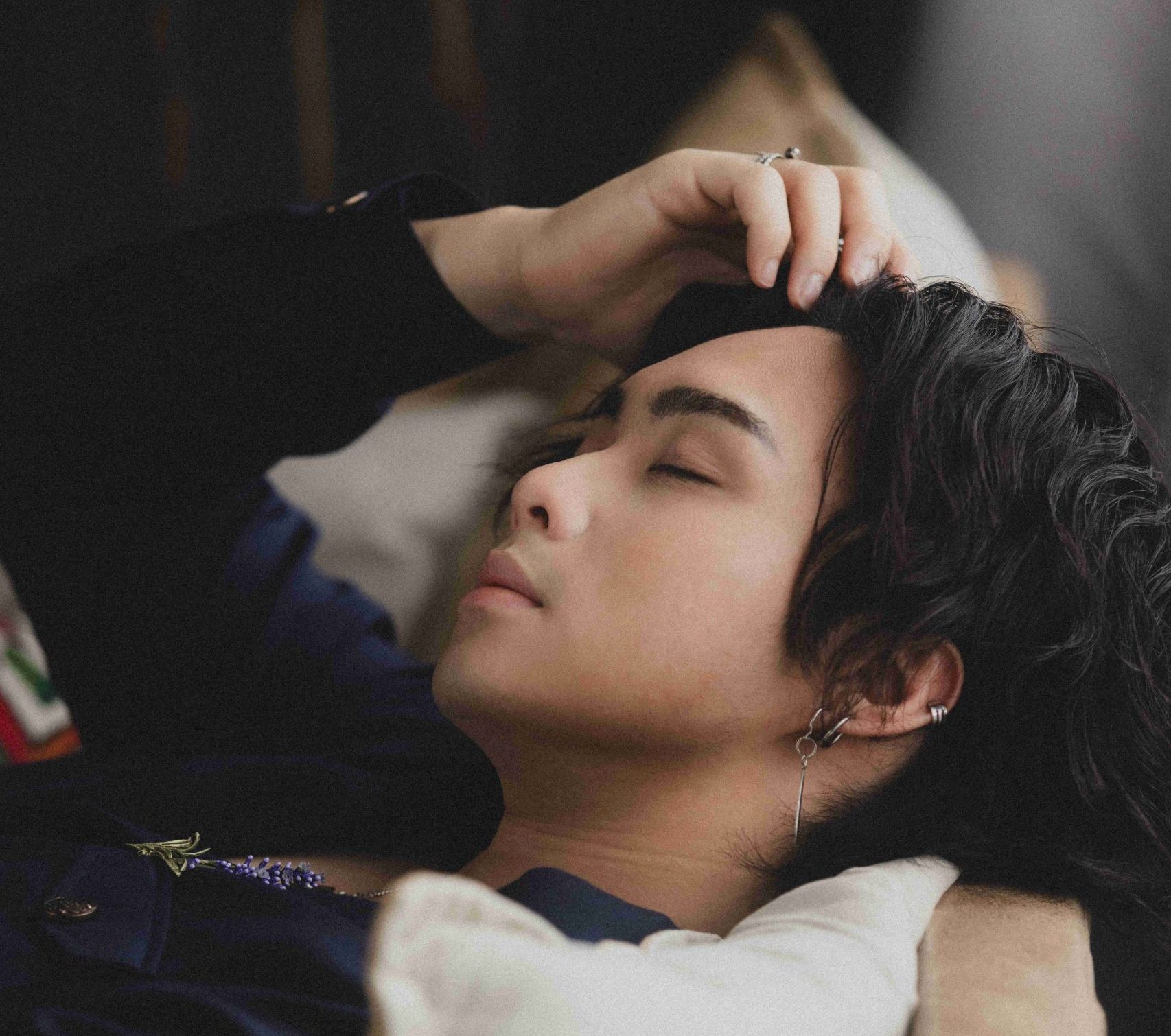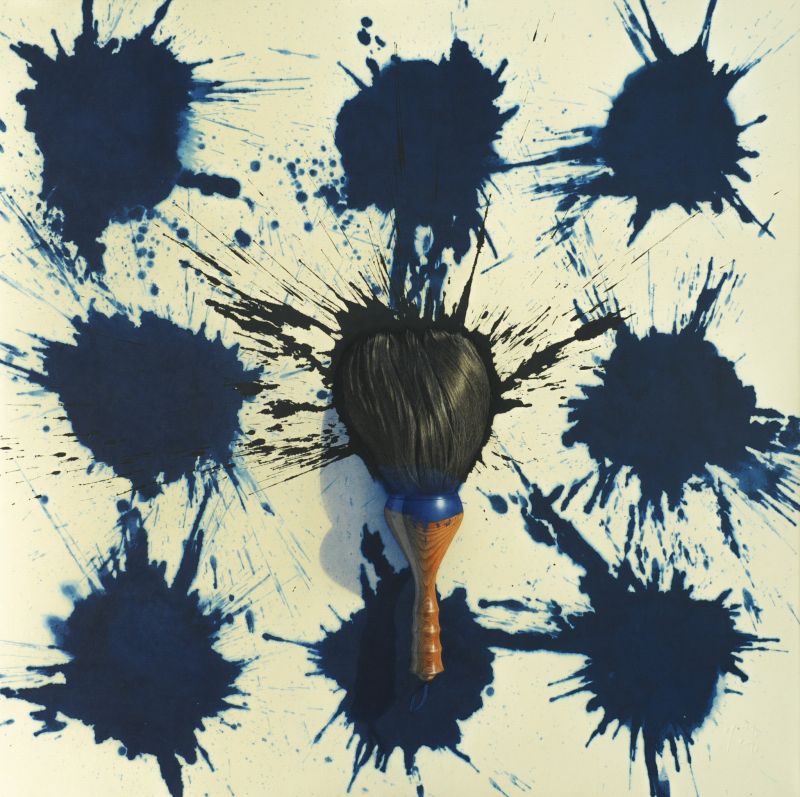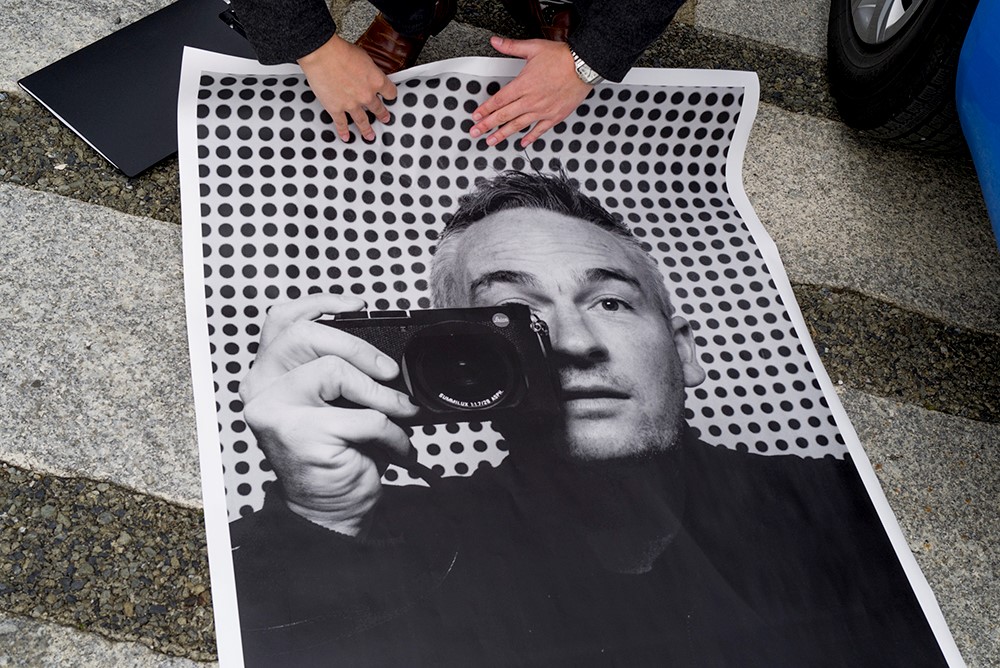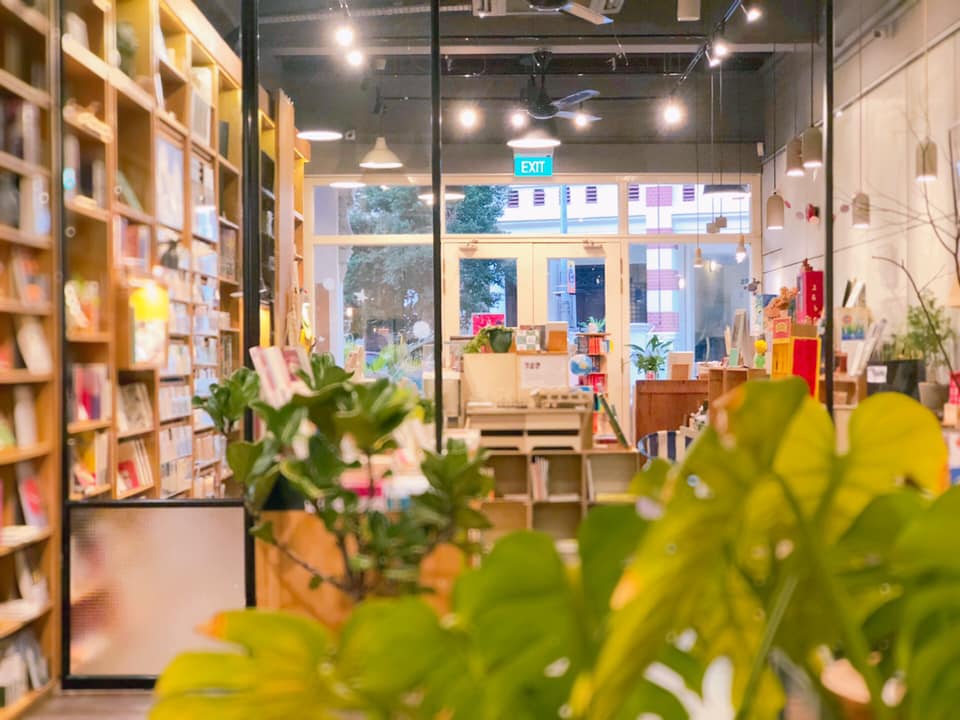If you happen to be in London this National Day, you might want to check out this production. From Aug 9-12, aspiring Singaporean theater director Jasmine Teo is adapting the widely best-selling graphic novel The Art of Charlie Chan Hock Chye into a play at Pentameters Theatre.
In a nutshell, the comic-based graphic novel by Sonny Liew caused a bit of drama just days before it was published in 2015. The story follows Charlie, a fictional cartoonist who lives in the post-war era and depicts stories from his childhood in colonial life until present time. The novel also liberally uses allegories to represent the various political situations that rose from that time. Deeming the content as “sensitive”, the National Arts Council (NAC) then pulled their intial $8,000 grant, citing that Liew’s novel “potentially undermines the authority of legitimacy of the Government and its public institutions and thus breaches [their] funding guidelines”. Obviously, this caught the eyes of many, including Teo’s.
“Quite honesty, it was precisely because of the great scandal that the graphic novel caused that I got interested in Charlie Chan Hock Chye (CCHC), so I picked up the book. And it was genius. That’s what I thought about Liew’s talent and how epic the entire story was: The allegories in the story, the life of CCHC and all the different influences of art that made their way into the graphic novel,” said Teo.
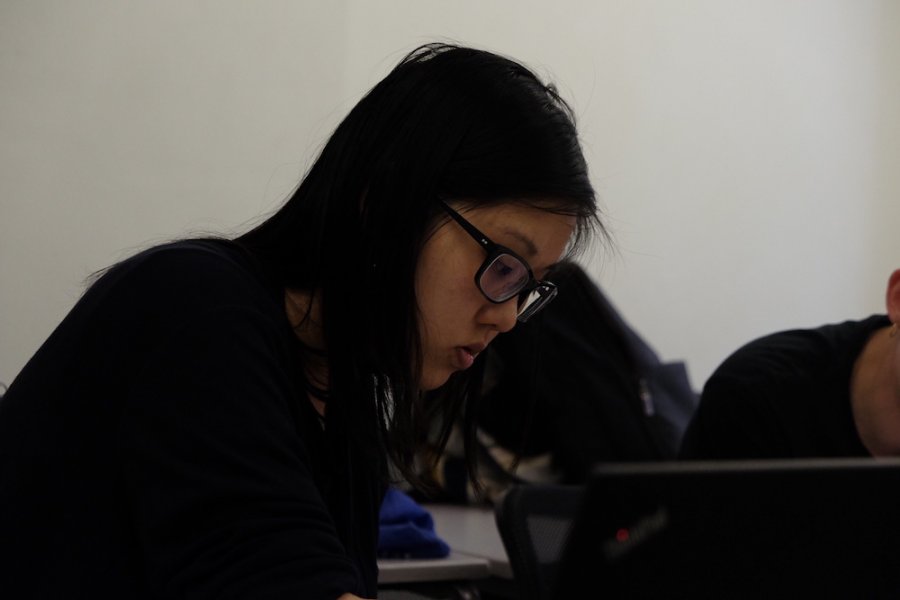
Jasmine Teo. Photo credit: Fan Yuqun
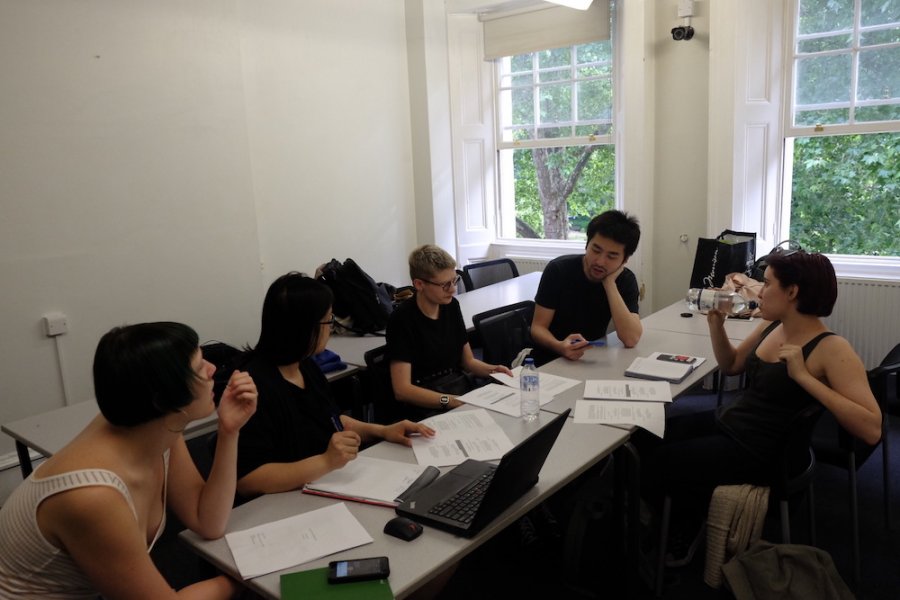
The team at a reading session of the play. Photo credit: Fan Yuqun
Teo isn’t a stranger to the local theater scene, even though she’s miles away right now to pursue her masters in Text and Performance at the Royal Academy Dramatic Art (RADA) and Birkbeck University in London. If you’ve caught any of Hossan Leong’s, Kumar’s or Selena Tan’s shows, chances are she was there working tirelessly behind the scenes. Her first directorial debut comes in the form of Jason Robert Brown’s The Last Five Years, a musical that focuses on the expected and tough journey of love. She’s also currently working on The Teenage Textbook Musical under non-profit theater company Go! Theatre, which ran an 18-day crowdfunding campaign on Kickstarter last Sep (they’ve since reached their goal).
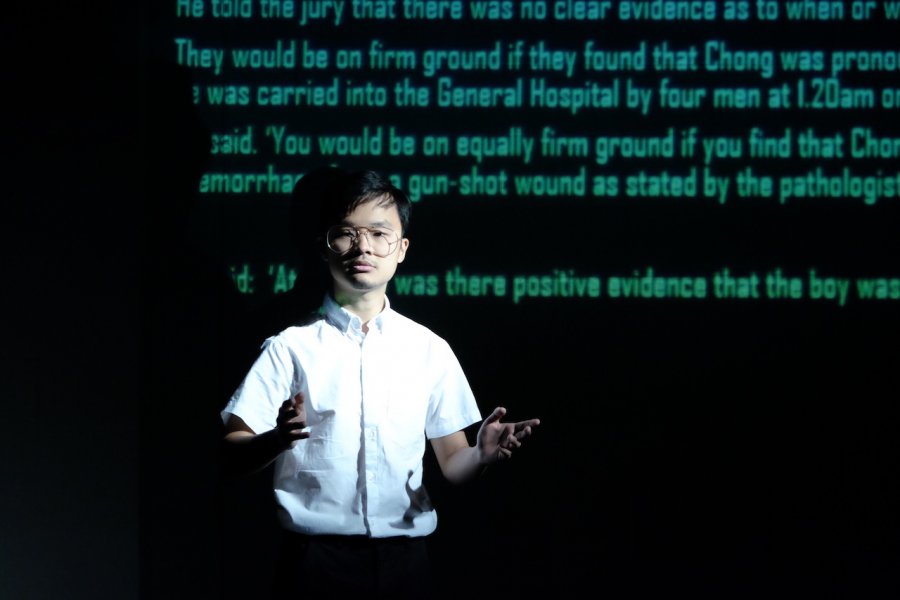
Photo credit: Fan Yuqun
The Art of Charlie Chan Hock Chye features an international cast, consisting of Aaron Teoh, Jackie Lam, Sachi Lovatt and Isabella Chiam. Teo wants her audience to be unafraid to ask questions after the show—even if it’s to question why they wasted the time watching the show instead of hitting the pubs on the weekend. “I hope that they love it and are excited by it, but do I want them to specifically think or feel anything? That’s up to them to decide. Hopefully there’s a huge range of responses to the show.”
Our conversation with Teo continues below as she reveals her thoughts on the novel and how the play will be directed (interview edited for clarity).
What’s the significance of this novel in depicting our political landscape?
I think the whole beauty of Liew’s graphic novel is that there are so many allegories—there’s Charlie’s journey as an artist trying to find independence, as well as Singapore’s journey in finding its own independence to grow as a country out of colonialism. So I think the significance of it is looking back with nostalgia the quest for independence, our fight, the struggles that we had and some really very blunt and honest thoughts about colonialism. It’s about World War ll, about the people who we considered allies or adversaries; it raises the question of how Singapore could have turned out, peppering the audience’s psyche with what could have been. And I think that’s really important now, that people ask these questions and see things not purely in black and white.
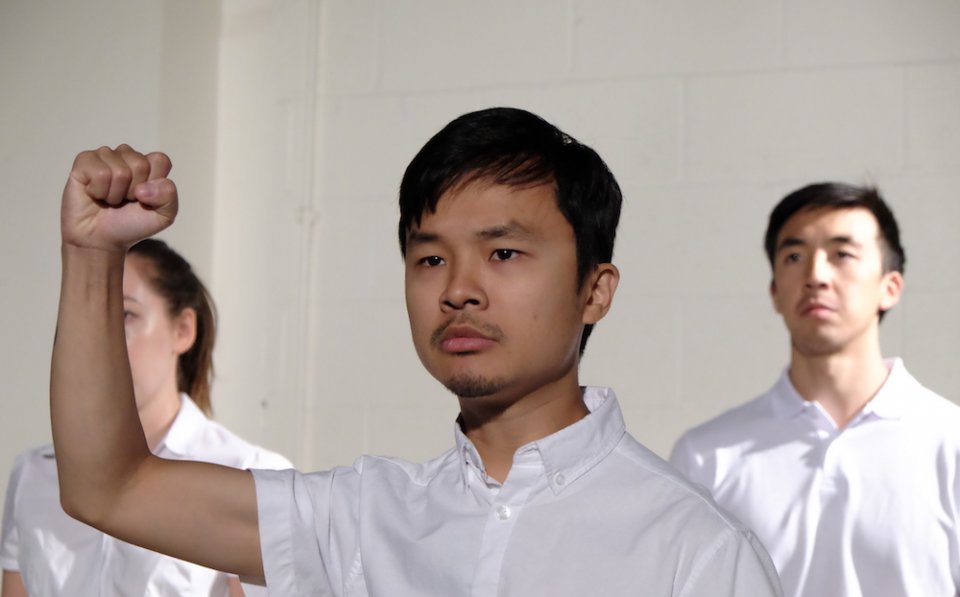
Photo credit: Fan Yuqun
There have been a great many good things that people love about Singapore right now—stability, peace, prosperity and safety. But what could we have done if things had changed? What could we have done if we had different leaders? What do we think needs to change right now in Singapore? Who are our marginalized communities and why are they marginalized? Was it due to the history of how Singapore progressed? And what could change now to make Singapore different and better for everybody who lives here? These were the things that I thought about when I read the novel. And I think the beauty of CCHC is that it doesn’t give you clear cut answers, because nobody could (or can) predict where Singapore is going for sure. So it just sort of speculates and leaves you to think about your personal views on what Singapore could be, and what you want for Singapore.
How much of the novel will you be adapting?
There are only certain threads I can pick up on; obviously the play is a really condensed version of the novel because if I were to do the entire graphic novel with all the details, audiences would have to sit in the theater for eight hours. We will only highlight key points in the novel out of pure practicality and for storytelling purposes of keeping it short and snappy to hold the audience’s attention. I just hope that Liew doesn’t watch this show and end up thinking that I’ve not done it justice. I don’t want to seem like I pieced everything that seems to match because that would be too convenient.
The biggest challenge in putting this together was to maintain both the storytelling and entertainment elements because afterall, this is one that’s based on real history, and I wanted to give respect to that story, to the people who were maligned and admired during that era. It has to be sincere, earnest, authentic and most importantly, accurate.
Favorite part in the novel/play?
There is a bit in the original graphic novel with Ah Huat’s Giant Robot, which is actually Liew’s first original comic. In the novel, there is a protest against the British asking Singapore students to enlist in the British army. Liew draws a comic about the giant robot coming in and saving the day by interrupting the riots and turning the tide so that the Chinese school students emerge victorious against the British officers. And when I read it, I thought to myself: this is such a beautiful and sentimental, yet emphatic and really sad way for a kid who feels out of control in a tumultuous time to work through his thoughts and solve these problems. And all you can do as an individual is to step back and say you can’t control it and that the only way to get some semblance of normalcy back is to draw something that saves the day.
And that was such a beautiful moment for me. Sad, and beautiful I think, to show how Liew’s mind works, and how he regains control and solves his problem through art. It’s such an innocent view of how life could work, how life could have been if only you could conjure up a robot to save you in times of trouble. I’ve such admiration for that particular bit in the graphic novel really.
How are you funding the production? Have you managed to secure any grants?
The great thing about London is that a lot of artistic directors and producers who work within the city own the venues. They get a say in what they want to program. And luckily for me, the artistic director and producer at Pentameters Theatre have very generously decided to program the show. And in return for the box office takings, she rented us the performance space. We’re also running a crowdfunding campaign for other expenses of the show. Any additional costs comes from my own pocket.
That’s sort of the beauty of London, where strangely enough, there are many blackboxes around the city that make the cost of entry quite affordable if you’re an individual, or if you’re just starting out in your career. That’s how people get started here. As for securing any grants, to be honest, I have been so incredibly busy with my dissertation that I haven’t had time to sit down and apply. I’ve sent out many enquires to NAC trying to ask them for advice on the types of grants, but they usually just refer me to their website. But if I do try to bring this to Singapore, I’d probably look into grants proper because the cost of entry and getting all the people to work on it is so high compared to London.
Do you foresee facing any problems with bringing it to Singapore, just as the novel did?
I definitely expect problems with censorship, which is the same thing the novel faced. And the thing with Singapore theater is that all scripts have to go through IMDA for vetting before they give you a license to perform. Through news reports and my own theater experience in the industry, the licenses can come as late as a few days before opening night. So that’s one of those things I can only hope and pray doesn’t happen. And with something as politically charged as this novel that had its own NAC funding pulled, it’s exactly is the kind of thing I’d expect going in. These are the difficulties, including securing funding when the cost of entry is so high in Singapore—it costs hundreds and thousands of dollars to do something right in Singapore. And you have to take the risk that audiences want to turn up as well.
The Art of Charlie Chan Hock Chye will run from Aug 9-12 at the Pentameters Theatre, 28 Heath Street, London. Tickets are priced from £10-13 (S$18-23). More information here.


